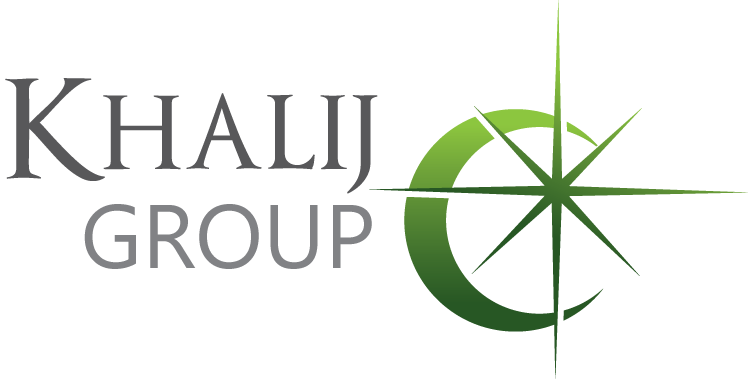Media & Awards
ADEP CLOSES BRAZIL’S FIRST SHARIA-COMPLIANT AGRICULTURAL INVENTORY FINANCE TRANSACTION
(17 JANUARY 2013)
Abu Dhabi Equity Partners ‘ADEP’, the Cayman registered Emerging Markets Sharia-compliant investment house, has this week successfully closed Brazil’s first Sharia-compliant agricultural inventory finance transaction.
ADEP Managing Partner, Mr. Muneef O. Tarmoom, stated, “By combining ‘back-to-basics’ physical asset backed financing with Global ‘A’ rated banks’ capital and profit protection features, it was possible for ADEP to originate financing opportunities yielding 5 to 10 times current US Dollar murabaha rates, from world’s largest Agri-business source and trading companies, for the benefit of Sharia conscious Gulf investors looking for compelling short term risk-adjusted returns”.
ADEP’s landmark Brazilian agri-based inventory transaction was used to finance a leading sugar and ethanol producer in the state of Mato Grosso do Sul (an agricultural state with land area equivalent to the size of Germany).
It is common industry practice for inventory financing to typically be in $5m-25m range depending on commodity and storage capacity. The longer tenure crop production (Salam) financing on other hand can go higher to $15m-35m+ range per transaction.
ADEP financing was structured as a combination of Wakala (agency) and Murabaha agreements enabling investors to buy and take title from Grower, of liquidly traded Ethanol insured and stored physically in tanks inspected and supervised by a global monitoring company, and appointing ADEP (as agent) and Grower (as sub-agent) to sell Ethanol at principal plus agreed profit rate to Global petrol distribution companies on collateralized payment against delivery basis.
The entire transaction account activity is independently regulated by a Global Bank acting as custodian (holding commodity certificates of title) and escrow agent. ADEP’s network of advisors in this transaction included White & Case (global and Sharia counsel), Macquarie Bank (price protection), Deutsche Bank (custody and escrow), Khalij Islamic (Sharia consultant) and Peterson Control Union Group (monitoring and inspection).
Muneef Tarmoom, added, “Amongst the industry firsts in this transaction is giving investors the opportunity to access Sharia-compliant real asset investing, in the world sixth largest economy with the largest reserves of farmable non cultivated land with capital and profit protection from ‘A’ rated Global investment bank and a yield pick-up, as an alternative to paper based London Metal Exchange commodity murabaha commonly offered by many Islamic banks, that are frowned upon by many Sharia scholars and have almost no impact to the real economy. Another first, is using latest information technology to allow investors to access ’24/7′ their purchased commodity registration at the official Brazilian exchange, as well as view online ‘live’ physical status of their commodities, be they be ethanol in a tank, sugar in a warehouse or cattle in a feedlot, all with the objective of increased peace of mind and operational transparency”.
Mr. Juan Fernando Valdivieso, Managing Partner, ADEP, continued, “Originating, structuring and placing Sharia-compliant products is not easy, and to adapt them to Brazil was very challenging; it took persistent effort from our Abu Dhabi and Miami offices and origination team on the ground in Brazil to coordinate and execute processes with Trading companies, prospective Growers, as well as our network of advisors. But that is now beginning to pay ample dividend with deals being closed, and over $100m worth of identified physical cattle and sugarcane based transactions in pipeline for the first Half of this year. ADEP’s strength has been in combining emerging markets, agri-business, Islamic finance and business management discipline to arrive at new investment solutions.”
Juan Fernando Valdivieso, added, “The use of Ethanol, made of raw sugar cane, in ADEP’s transaction is consistent with Sharia affinity to socially responsible investing in ‘green’ renewable energy. The genuine use of physical commodities as part of ADEP’s product offerings has been getting enthusiastic reviews by Scholars. This theme is now being expanded to ‘Halal’ cattle financing products.”
According to Geneva based International Trade Centre, over three quarter of the Gulf Cooperation Council (GCC) states’ import of Sugar and Poultry valued annually at close to $4bn is coming from Brazil. The social and economic nature of such trade makes agricultural commodities a natural medium for Islamic financial institutions, who do favor asset backed finance, to enter the high growth BRIC markets.
Finally, Muneef Tarmoom, commented, “If one looks at things from a more macro perspective, it is clear that the Gulf region is rich in capital and energy products and short on food, and Brazil is short on capital and energy products and rich in food. A platform of mutual interests therefore exists for what ADEP terms ‘E4F’ [Energy for Food] initiatives that swap energy for food security along the growing ‘South-South’ trade corridor. ADEP aspires to be a player along this strategic axis. Respectively, the primary candidates for such trade are urea, LNG, propane, jet fuel for sugar, poultry, cattle and corn.”
